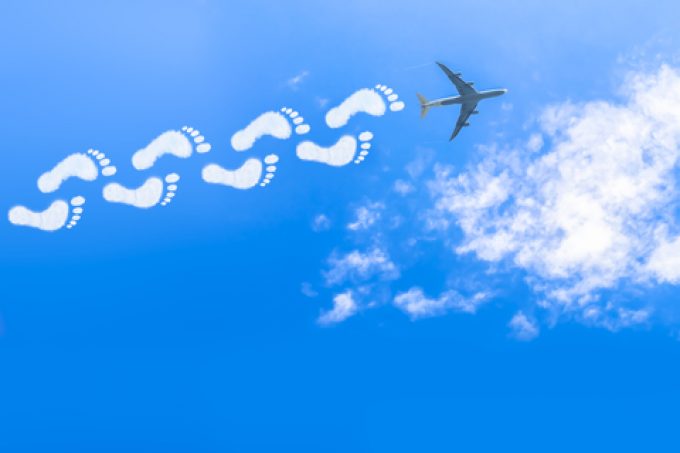South America will benefit as air cargo traffic diverts from the transpacific
South America is set to be a main attraction amid capacity cuts on the transpacific, ...

Aviation’s emissions targets are insufficiently ambitious, while the industry itself is stalling with a “wait-and-see” approach, according to a new report by Deloitte, on behalf of Royal Dutch Shell, which claimed “paralysis” in the industry.
However, the oil company has pledged to produce 2.2m tonnes of sustainable aviation fuel (SAF) each year by 2025, with at least 10% of its aviation fuel sales as SAF by 2030.
But 2.2m tonnes is something of a drop in the ocean – in 2019, commercial ...
Keep our news independent, by supporting The Loadstar
Volume surge and an early peak season? 'Don't celebrate too soon,' warning
China-US trade tariff pause could drive a rebound for transpacific rates
Ecommerce likely the front-runner in resurge of transpacific trade after deal
Shippers should check out the 'small print' in China-US tariff cuts
Service chaos from trade ban with India a problem for Pakistan shippers
Carriers impose 'emergency operation' surcharges on Pakistan cargo
15% rebate for box ships as Suez Canal Authority woos carriers


Comment on this article